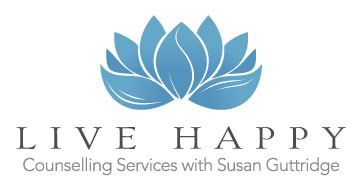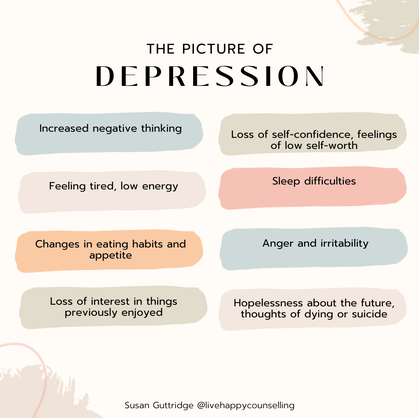|
Last week I was invited to speak on the topic of caring for those in your life who might be struggling over the Christmas holidays. A women’s group, who recognized how easy it can be to get swept up in the busy-ness of holiday cheer, wanted to ensure they were picking up on the signs of those who might be struggling in order to be present, attuned, and responsive to their needs. The truth is, the holidays really aren’t glorious for everyone and may even create a worsening of symptoms connected to low mood, anxiety, and loss. While I can’t give you the webinar verbatim, here are a highlight of ideas to help you connect with the people you know who may find the winter holidays difficult. 1) Use your Intuition, and know the Signs Not everyone is going to tell you how they are feeling, and the signs of depression and anxiety are not always obvious. Use your intuition and knowledge of the person. Here are some additional indicators to be aware of:
Things Someone who is Struggling might say When we are truly listening, we are not thinking about what to say next. Truly listening means we are attuned to the person speaking. When you listen, you may hear clues the person is using to tell you they are struggling. It might sound a lot like:
2) General Guideline Ideas to Care for Someone who is Struggling
3) The Tyranny of “Are you Okay?” Ah yes – beware the “Are you okay?” question. Have you ever noticed that asking “Are you okay?” often assumes you are looking for the person to say they are not, and when their answer contradicts this expectation, you feel they are withholding information and therefore repeatedly ask “Are you okay?” until frustration ensues and yup – you guessed it, now they really aren’t okay! Asking “Are you okay?” sets you up for an unfulfilled answer. Try not to ask it, and try these options instead. The answers they may elicit will yield far greater information and the recipient of the question may even feel more understood and validated. Instead of asking “Are you Okay?”, try asking:
4) Tune the Heart through Positive Shared Experience Research has found that connecting with a practice of gratitude can actually impact one’s outlook. It must been deeper than the simple “I am grateful for the sunshine today” and must be expanded with: “I am grateful for the sunshine today because _____” Now, if you enter into a conversation with someone who is emotionally struggling with an attitude of airy gratitude, you will risk rending yourself unrelatable and your helpful efforts may be brushed aside. However, there are some ways you can bring an attitude of gratitude into your connection with them. Here are some examples:
Thank you for reading: it means you are aware that someone in your life might be struggling and you are exploring ways to be more present and responsive to their needs. Resources: Shawn Achor, The Happiness Advantage: The Seven Principles of Positive Psychology that Fuel Success & Performance at Work Elisha Goldstein, Uncovering Happiness: Overcoming Depression with Mindfulness and Self-Compassion
0 Comments
Your comment will be posted after it is approved.
Leave a Reply. |
AuthorSusan Guttridge is a trauma-informed Master level Counsellor with the clinical designation of Canadian Certified Counsellor (CCPA). She has 20+ years experience providing individual and group therapy. Archives
January 2024
Categories
All
|



 RSS Feed
RSS Feed